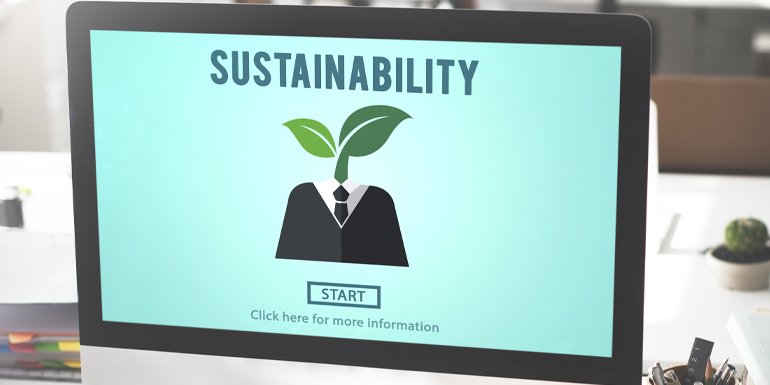Are you working from home? Or are you studying from home? Or are you just hanging out with your friends online from home? Well, even before the Pandemic hit us, our civilization was on a sure but steady path towards digitalization. What COVID-19 did was just heightened its relevancy in our daily lives. There were many debates on the benefits of Digitalization, but now every person has accepted it as an unquestionable part of our future. We already know how it is changing our social, political, educational and recreational status-quo. But how does digitalization affect our eco-system and our environment?
Here are 10 reasons why digitalization is a boon to a sustainable future.
- Financial accountability
When we had demonetization a few years back, a large chunk of the Indian population in the rural, 2-tier & 3-tier areas didn’t have bank accounts. But post-demonetization, even small vendors and rural businessmen started online transactions through wallets like Paytm & G-Pay.
- Reduced Paper
When was the last time you carried physical files to a meeting? Don’t remember? That’s because we don’t anymore. It’s only your laptop or a tablet with automation and data storage tools that have significantly reduced the usage of paper for good.
- Digital Agriculture
Helping farmers understand the soil, weather and crop conditions through digital applications has paved a way a more reliable income for the lower strata for the agricultural society in India.
- Smart Monitoring
All industries have automated monitoring programs in place to track their daily operational activities. This helps them seal resource leakages immediately while optimizing efficiency without delays.
- Optimized healthcare
Don’t you use that app on your phone to track your health? Similarly, large hospitals have started relying on digitalization to track patient progress, histories and symptoms for a more optimized approach.
- Remote accessibility
Have you been following the virtual concerts and ceremonies that have been taking place? Or teachers or doctors being able to reach students and patients virtually to spread important information? Remote accessibility is probably the best outcome of digitalization.
- Social inclusion
If the popularity of apps like Tic-Tok or Byju’s in rural sections is any testimony, then we can understand that digitalization surpasses socio-economic discrimination.
- Smart homes & structures
IoT (Internet of Things) and other architectural digital advancements allow homes that conserve electricity and water by letting in natural light and ventilation.
- Climate predictions
Digitalization has allowed easier data analysis for more precise predictions related to natural disasters and harsh climatic condition to safeguard human life as well as natural resources.
- Biotechnology
Quicker genomic sequencing, faster spread of information, and vast repository of online drug/disease/molecular data have catapulted biotech research to provide solutions to various day-to-day challenges




